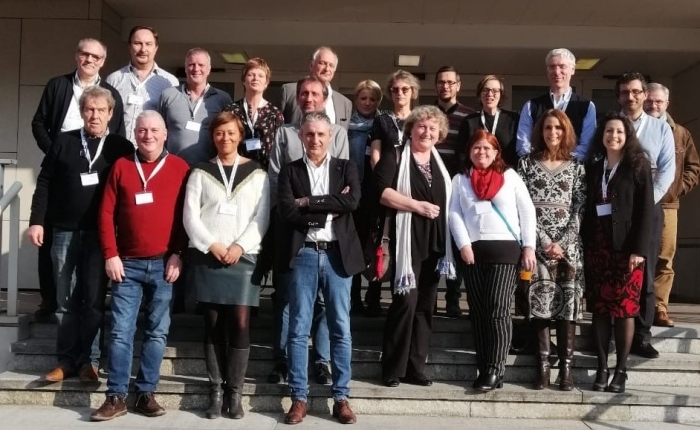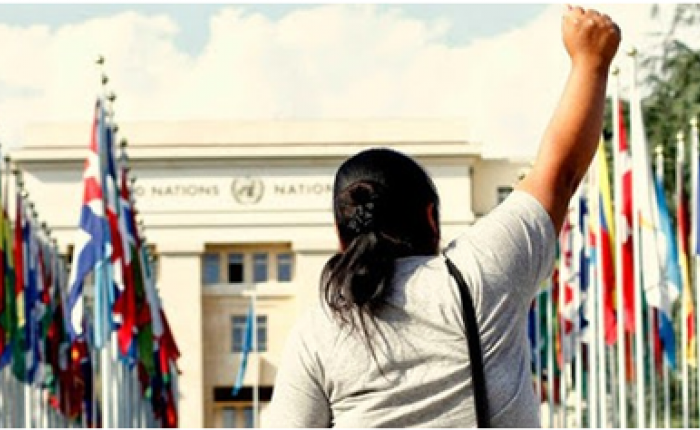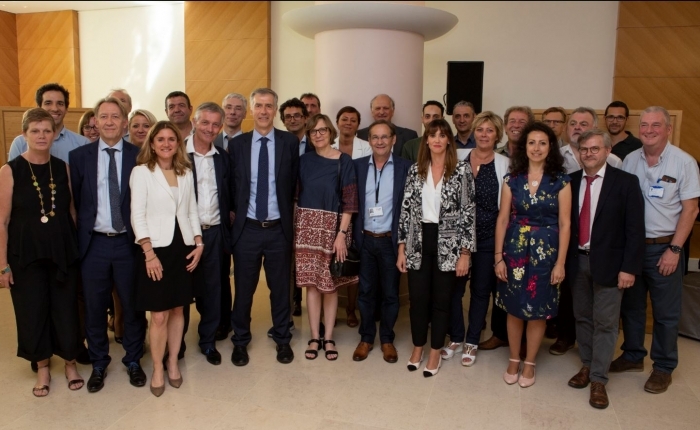Multinationals
Global Framework Agreements
Within this context, Global Framework Agreements (GFAs) negotiated between global trade union federations and multinational enterprises are a tool for trade unions with direct membership in such companies to build power, assert their members’ rights and conditions, resolve outstanding conflicts, improve social dialogue and working conditions. GFAs set a threshold of human and labour rights and conditions beyond minimum national and international standards that signatory MNEs commit to abide by. They also help connect and build solidarity among trade unions and workers of the same MNEs across national boundaries.
PSI has negotiated three GFAs with multinational corporations active in the energy sector: these are EDF Group, ENGIE (formerly GDF-Suez) and ENEL, plus a specific agreement with ENGIE (formerly GDF-Suez) on occupational safety and health (OSH).








